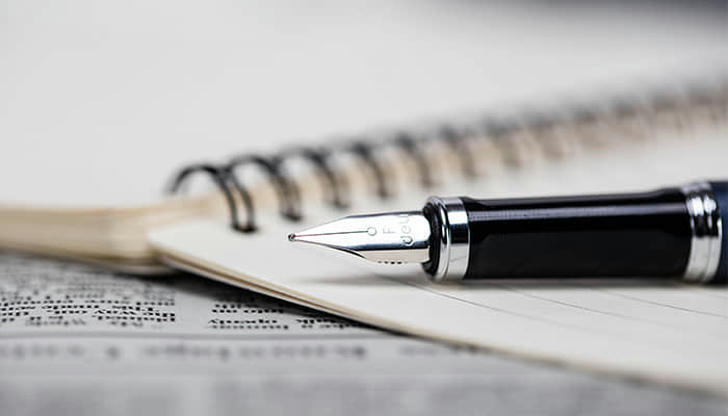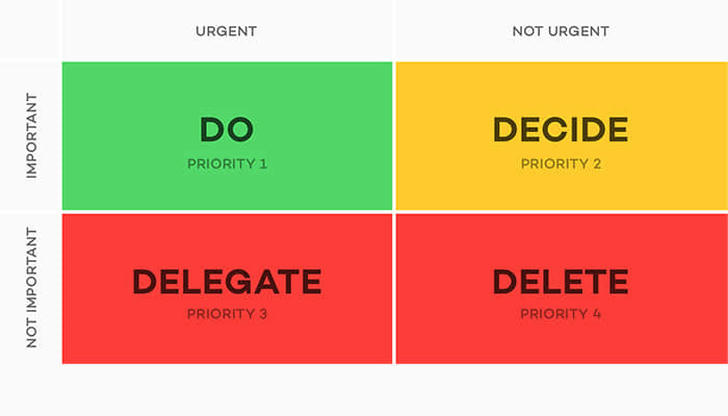Optimizing Your After-Work "Golden Hours": 10 Effective Strategies
Advertisement

After a day of work, desiring a stress-free evening is perfectly normal. But having no stress doesn't just mean lying down and looking at your phone. We can engage in activities like reading or meditation to effectively alleviate work-related stress.
Additionally, we can utilize this time for learning, acquiring new skills, creating experiences, or exploring hobbies, all of which contribute to enhanced efficiency, better health, and increased happiness. Here are 10 practical strategies to optimize our post-work hours.
1. Addressing Unfinished Tasks

At the end of the day, set a timer for 20-30 minutes to tidy up and address unfinished tasks or do simple chores. This not only clears pending items but also aids in transitioning from work to a relaxed state.
2. Developing an Evening Hobby on Workdays

Post-work, engage in outdoor activities such as fitness classes or socializing with friends. Structuring your time after work increases efficiency and prevents aimless screen time. Dr. Lisa N. Folden emphasizes that scheduling post-work activities, especially those involving physical exercise, fosters responsibility and helps avoid mindless phone scrolling or TV watching.
3. Physical Activity Boost

Recognizing the widely known benefits of exercise, we can do some regular physical activities to enhance creativity, confidence, and resilience in both work and personal life. In essence, exercise is an excellent way to improve work efficiency, alleviate stress, and boost mental well-being. Consider activities like running, cycling, fitness classes, playtime with pets or children, dancing, or even household chores after work for better sleep and increased energy.
4. Enjoy the Company of Loved Ones

Spend quality time with family, friends, and those who play significant roles in your life! This not only adds more meaning to life but also positively influences you. Conversations with a spouse, children, siblings, parents, or friends release endorphins, alleviating stress. Even a simple phone call to a loved one can benefit your health.
Moreover, being with friends and family opens up various enjoyable activities such as visiting museums or art galleries, taking a post-dinner stroll, hosting game nights, or attending concerts or sports events.
5. Meet Your Needs

Rachell Buell, writing for The Muse, emphasizes, "While maximizing time is important, meeting basic needs, including sufficient sleep, a healthy diet, and relaxation, is the first step to sustainable efficiency." She notes, "After work, we need time to transition and relax before attempting other activities.
Whether it's watching TV, catching up on the news, or going for a run, consider what you need during the week to recharge, and plan it on your list."
6. Prioritize Your Tasks

Sometimes, we may over-prioritize tasks that aren't as crucial as they seem. Prioritizing your to-do list at the beginning of each week is helpful. I use the Eisenhower Matrix to manage time more effectively by determining the importance of each task.
This helps me know where to start, like beginning with the most crucial tasks in home projects. Creating a priority list, even for projects yet to begin, provides a sense of accomplishment.
7. Outdoor Connection

Do you know about "Nature-Deficit Disorder"? The term was initially coined by Richard Louv in his book "Last Child in the Woods: Saving Our Children From Nature-Deficit Disorder." Louv argues that our indoor lifestyle is causing many health and behavioral issues.
Even if you think it's exaggerated, research shows that we spend 92% of our time indoors, which can have negative effects on our physical and mental health. Going outdoors is a simple way to reduce stress, increase happiness, and make life healthier.
Moreover, connecting with nature and engaging in outdoor activities can replenish energy.
8. Screen Detox

According to estimates from the DataReportal website, the average time Americans spend on screens each day is 7 hours and 4 minutes. Research has found that excessive screen time can lead to eye fatigue, impaired sleep, and compromised mental health. It also results in information overload and affects attention.
Therefore, it is essential to set a timer to limit the time spent on gaming, watching videos, or browsing social media. Alternatively, placing the phone in another room and ensuring the shutdown of all social media at a specific time each night is necessary.
9. Investing in Yourself

Former Twitter CEO Dick Costolo's improve comedy learning enhanced leadership. Self-invest for success through coaching, therapy, workshops, advanced degrees, or certifications. Hobbies like music, book clubs, documentaries, or language courses contribute to holistic growth. Invest in mind, body, or spirit for career benefits.
10. Follow an Evening Routine

"You need a specific morning routine to optimize each day's work and enhance efficiency," wrote Choncé Maddox in a previous article. However, she adds, "A successful morning routine starts the night before."
So, what should your evening routine include? It depends on you. However, here are some suggestions:
Plan your day.
Select the clothes you'll wear tomorrow.
Eliminate negative emotions through reflection.
Read.
Prepare meals.



